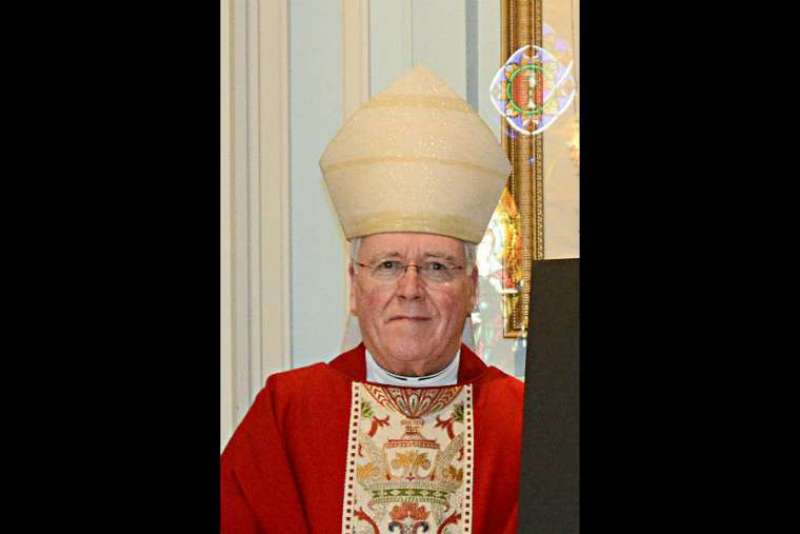Three priests have been temporarily removed from ministry in the Diocese of Buffalo, after seminarians say they engaged in salacious and inappropriate conversation during a party at a parish rectory. Officials say the removal is a sign that protocols are followed in the Diocese of Buffalo.
A statement from the Diocese of Buffalo said that during an April 11 gathering of priests and seminarians at a parish rectory, “unsuitable, inappropriate and insensitive conversations occurred that were disturbing and offensive to several seminarians in attendance. The complaints did not include or infer any instance of physical sexual abuse of a minor or adult.”
“The Diocese of Buffalo is thankful the seminarians followed the proper protocol and the Seminary responded correctly by immediately investigating and forwarding the findings to Bishop Richard J. Malone and other diocesan officials, including the Office of Professional Responsibility,” the statement added.
“Our primary mission is the education of our students and the formation of our future priests, deacons, and pastoral ministers,” Fr. John Staak, interim rector at Buffalo’s Christ the King Seminary noted in a statement last week.
“I am pleased the seminarians stepped forward to voice their concerns about unsuitable, inappropriate, and insensitive conversations which occurred [at a social gathering of priests and seminarians.] Several seminarians in attendance found the conversations disturbing and offensive.”
One of the priests temporarily removed from ministry is a formator at the seminary.
While seminarians described the conversation as “pornographic,” and described lewd sexual references in a written report, other priests who attended the party told reporters they did not hear all of the salacious talk the seminarians claim to have heard, and say they wonder whether some aspects of the conversation were misinterpreted.
Malone took no chances on the matter, removing the priests from active ministry last week. The diocese said that “disciplinary and corrective actions include: psychological evaluations and possible treatment, retraining in sexual harassment policies, individual retreats and, based on the results of these steps and additional investigation, further actions may be taken.”
The diocesan statement did not say whether the priests are accused of a particular canonical delict, or crime.
Generally speaking, Church law prohibits compelling a priest to undergo psychological evaluations or treatment against his will, with few exceptions. Church policy also generally requires that a canonical process assure a priest accused of misconduct has occasion to defend himself before being subject to a penalty. The Diocese of Buffalo’s initial statement did not indicate whether a canonical process for the priests will be forthcoming.
Malone has come under fire in recent months, after his former secretary alleged in August 2018 that the bishop had omitted the names of some priests accused of abuse or misconduct from a list the diocese released last March.
The bishop has since faced calls for his resignation.
In a statement released April 11, Malone maintained that he acted in good faith, and did not cover up any allegations. He assured Catholics in the Diocese of Buffalo that he intends to be more transparent about clerical sexual abuse and its financial impact on his diocese.
In his statement last week, the diocese reiterated its commitment to addressing allegations of clerical misconduct.
“It is of primary importance to Bishop Malone that these priests are held accountable for their actions,” the statement said.

